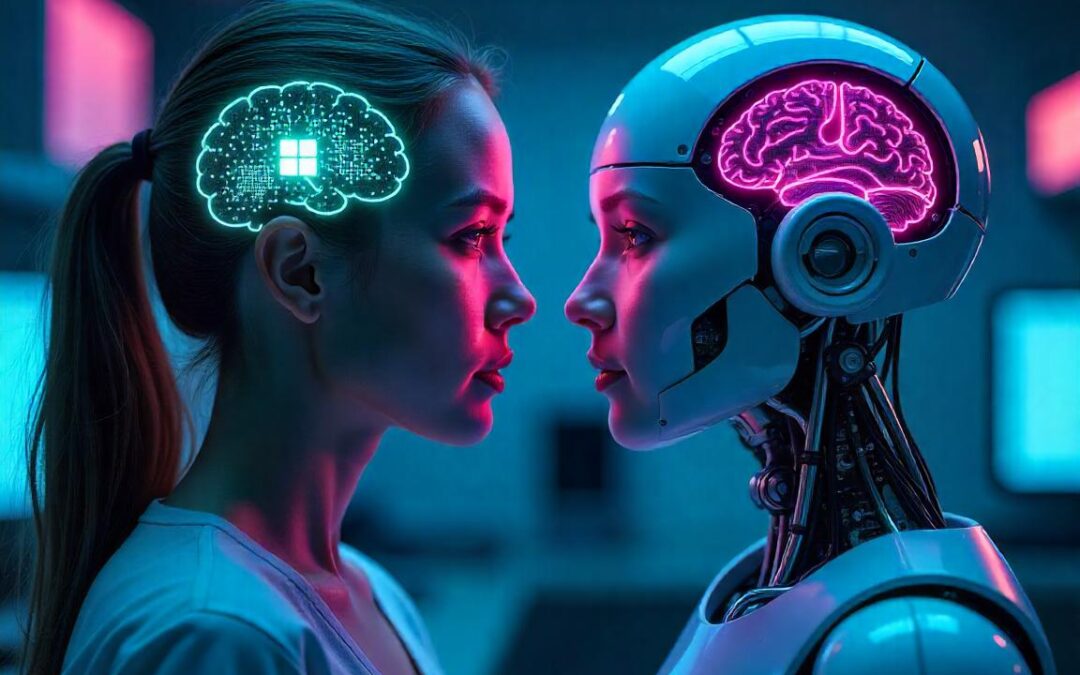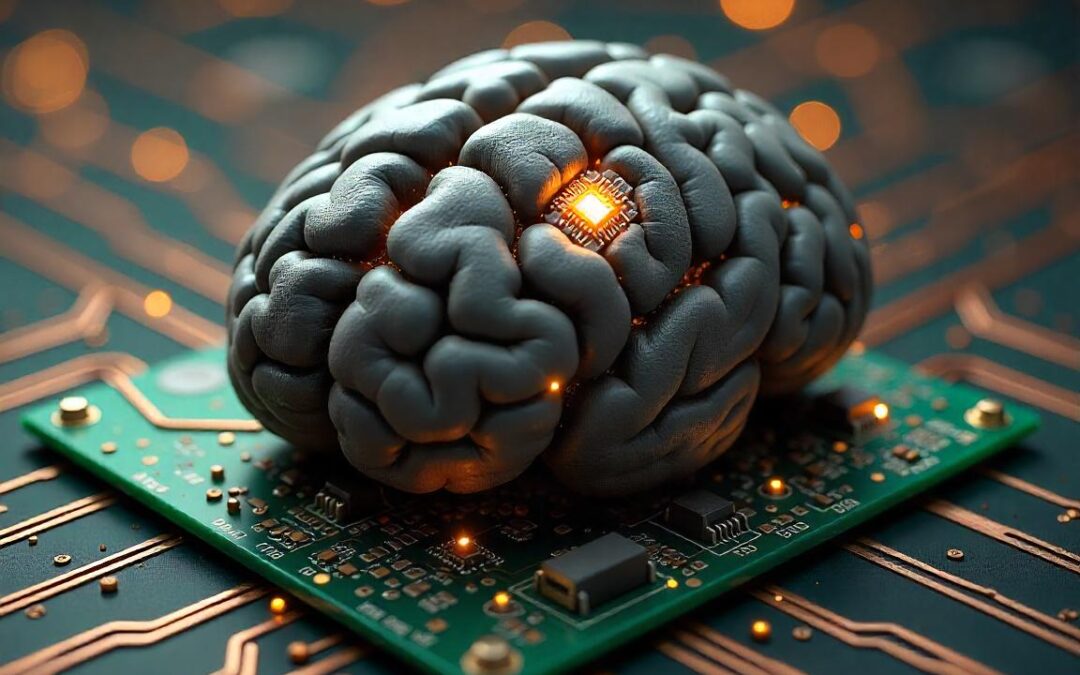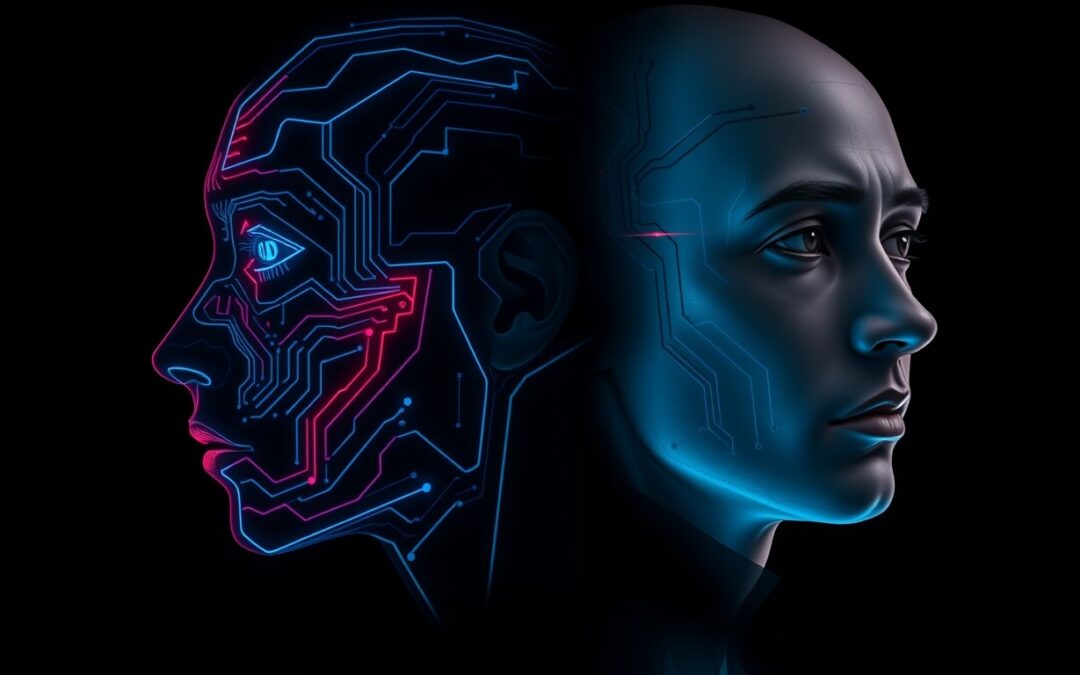
by Bantech@dmin | Apr 18, 2025 | Artificial Intelligence (AI), Emerging Technologies
In the digital age, Artificial Intelligence (AI) has rapidly evolved from academic theory to a cornerstone of modern innovation. From automating customer interactions to enabling autonomous vehicles, AI has transformed how industries operate and how we interact with...

by Bantech@dmin | Apr 16, 2025 | Artificial Intelligence (AI), Company, Entrepreneurship, Technology, Website Design
In today’s fast-paced business environment, a brand that doesn’t evolve risks becoming irrelevant. But evolution isn’t simply about updating a logo or tweaking a tagline—it’s about undergoing a deep transformation that reflects who you’ve become, what you stand for,...

by Bantech@dmin | Apr 14, 2025 | Artificial Intelligence (AI), Software Development, Technology, Website Development
Neuromorphic Computing: The Future of Smart Tech In a world where artificial intelligence (AI) and machine learning (ML) are increasingly intertwined with everyday operations, from healthcare diagnostics to autonomous driving, traditional computing models are...

by Bantech@dmin | Apr 11, 2025 | Artificial Intelligence (AI), Software Development, Website Design
Artificial Intelligence (AI) has transitioned from being a niche research field to a cornerstone of modern software development. Intelligent systems—software architectures that leverage AI, machine learning (ML), and deep learning (DL)—are now at the forefront of...

by Bantech@dmin | Apr 7, 2025 | Artificial Intelligence (AI), Game Development, Graphic Design, Website Development
In an era defined by rapid technological advancements, the concept of Digital Twins has emerged as a transformative tool that bridges the gap between the physical and digital worlds. By creating virtual replicas of physical assets, processes, or systems, Digital Twins...

by Bantech@dmin | Apr 4, 2025 | Artificial Intelligence (AI), Blockchain, Technology, Website Design
Introduction: The Digital Shift in Healthcare The healthcare industry is experiencing a major digital transformation, driven by advanced technologies like Artificial Intelligence (AI) and Blockchain. As global demand for better patient outcomes, improved efficiency,...






